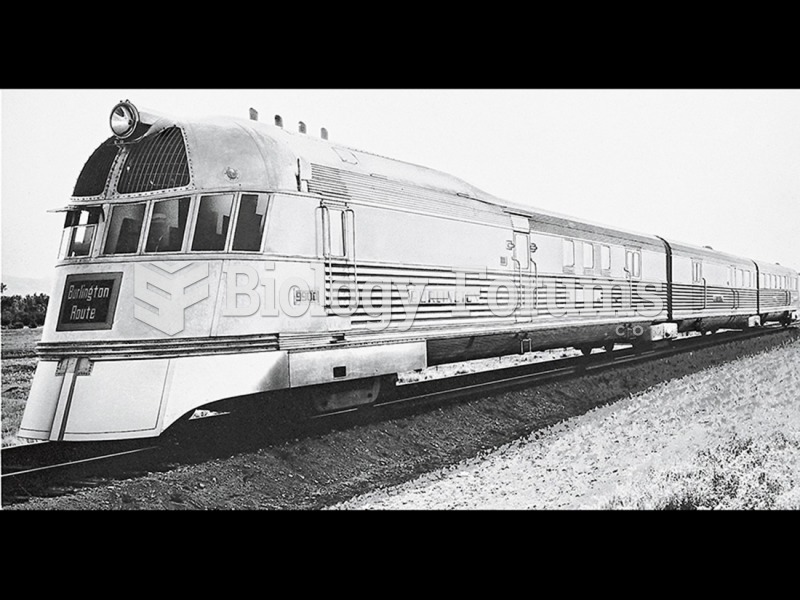Answer 1
Answer: Although some women remained in the home during World War II, many more worked outside the home than ever before. They often worked in war production factories, where they not only assumed men's jobs but were often discriminated against and harassed. Black women often faced discrimination when applying for the better-paying factory jobs. A significant number of women joined the military services. While they were given regular military status, they served mostly in traditional female jobs and were sometimes accused of being promiscuous.
Answer 2
Answer: The typical working-class American living in an industrial center during World War II would experience overcrowded living conditions. While he would have more money to spend, there would be little to spend it on. The mother of the family would probably work outside the home and, perhaps, even head the family. In many cases the parents would be divorced, although there would be more children around.
Answer 3
Answer: In spite of greater economic opportunity during World War II, most blacks living in the North faced both segregation and prejudice. Some blacks, especially the young, resorted to violence to protest their treatment. Black leaders, especially A. Philip Randolph, attempted to improve conditions for blacks by threatening to march on Washington. President Roosevelt issued an executive order to end discrimination in defense industries and government and established the Committee on Fair Employment Practices to enforce the order.
Answer 4
Answer: In 1942, most other Americans looked upon Japanese as untrustworthy. The Japanese were victims of much slander and propaganda in the media. Many Japanese were torn between loyalty to the United States and their ethnic background. Forced to sell their valuable property holdings to other Americans, often for much less than their value, for the duration of the war most Japanese were sent to relocation centers.
Answer 5
Answer: After the United States entered World War II, President Roosevelt moved to mobilize fully the American economy behind the war effort. He established the War Production Board and successfully sought the cooperation of business. He established the Office of Price Administration to set prices and the National War Labor Board to control wages. Congress passed the Revenue Act of 1942, that substantially raised corporate and income taxes.
Answer 6
Answer: In 1931, Japan invaded Manchuria, and in 1937 it launched an all-out invasion of China. The United States brought economic pressure to prevent Japanese expansion and demanded that Japan withdraw from China. The Japanese refused. When the Japanese occupied French Indo-China in 1940-1941, the United States froze all Japanese assets in the United States. This action led to the Japanese decision to attack Pearl Harbor.







